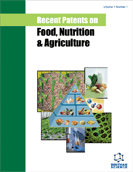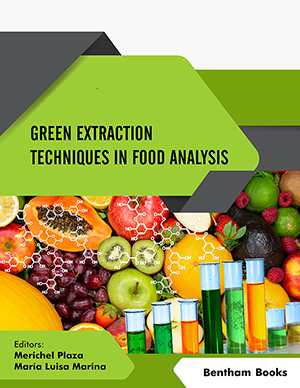Abstract
Cancer remains one of the leading causes of death worldwide. Cancer management has been a daunting task for both health professionals and patients throughout the journey. Screening of cancer at the right time/stage remains the most critical part of the riddle. Certain molecules that characterize cancer, known as ‘biomarkers,’ come out to be the most useful in this journey. The National Institute of Health defines a biomarker as “a characteristic used to measure and evaluate objectively normal biological processes, pathogenic processes, or pharmacological responses to a therapeutic intervention”. These have proven to be often easily available agents employing minimally invasive methods. Biomarkers have played crucial roles in screening, asymptomatic and early-stage detection, monitoring of the treatment therapy and eventual follow-up to check upon a probable re-lapse or metastasis. A cancer biomarker can be any of the biomolecules such as protein, DNA, RNA, proteoglycans, immunological compounds, salivary biomarkers and endogenous peptides. With the refinement in high-throughput techniques, the list of the types of biomolecules and the number of potential biomarkers is only increasing, with volatile organic compounds from the breath (breath biopsy) adding to the list. In this chapter, we shall put effort into reviewing this otherwise very vast topic. The chapter will outline various types of biomarkers, the journey so far with clinically approved cancer biomarkers, the challenges being faced, and conclude with future perspectives.
Keywords: Biomarkers, Cancer, miRNA, Proteomics, Tumor DNA, Tumor metabolomics.



















